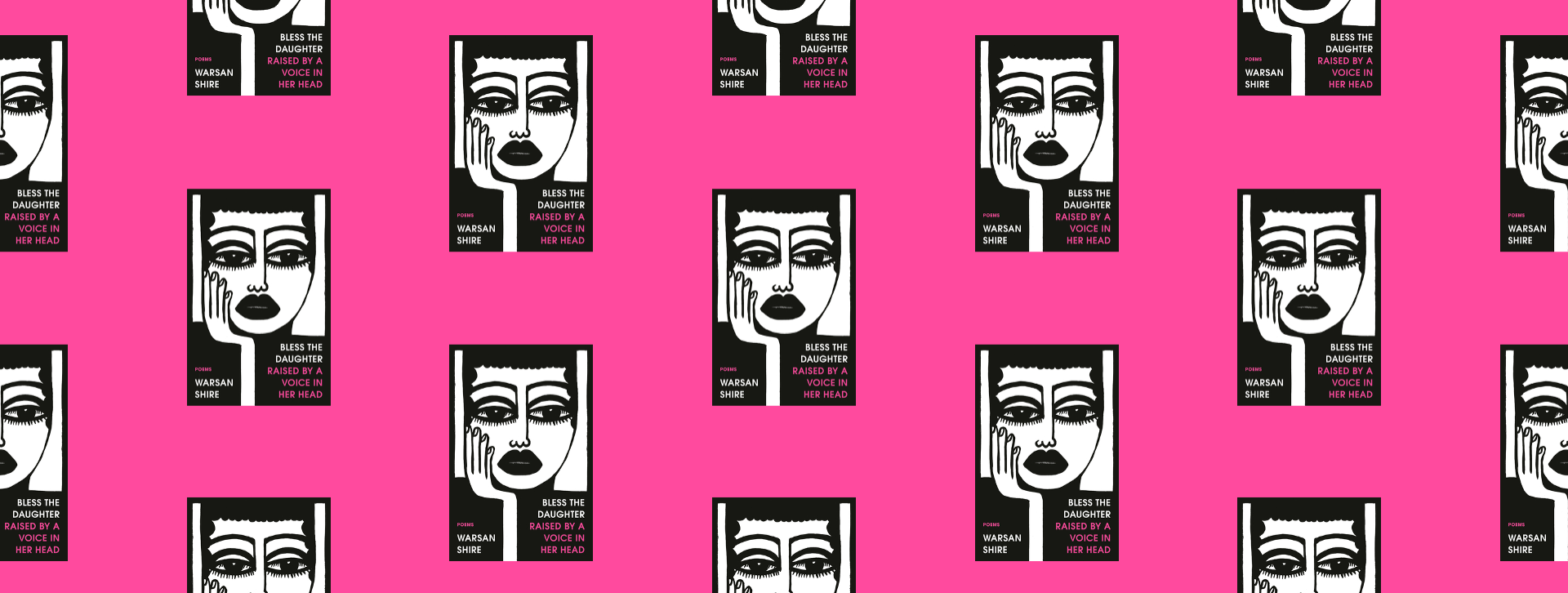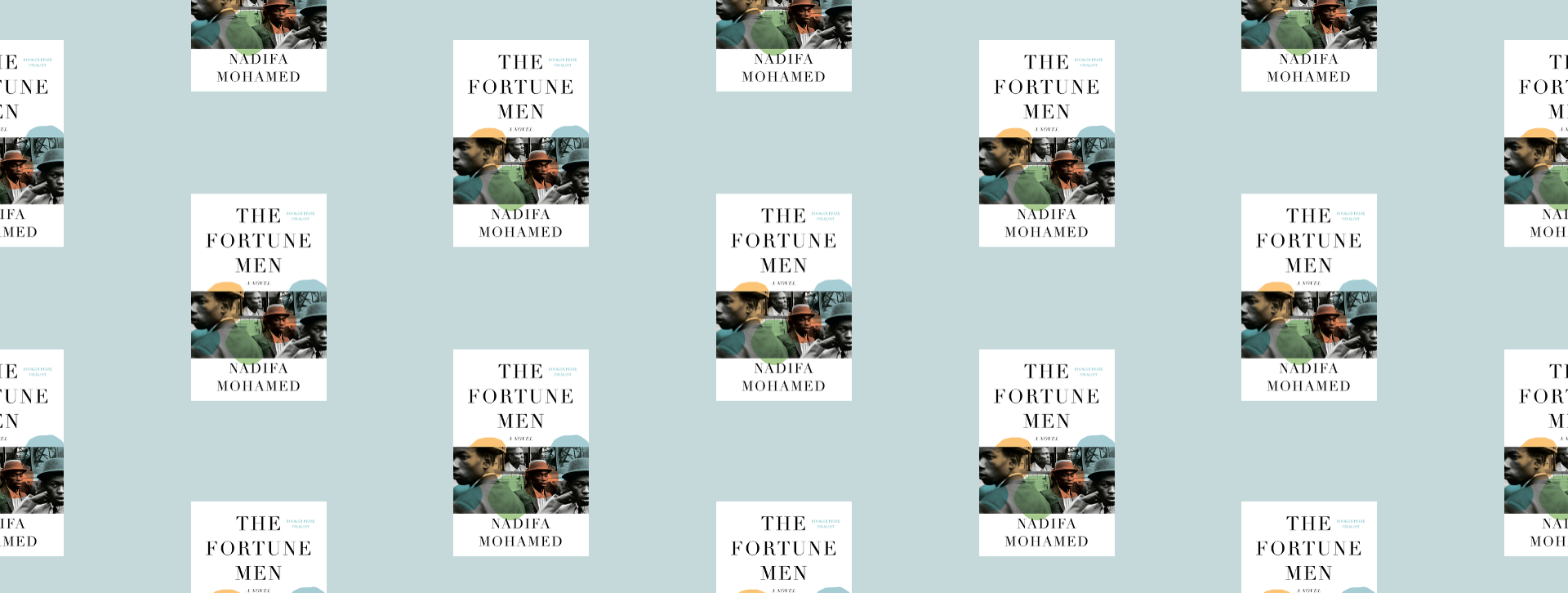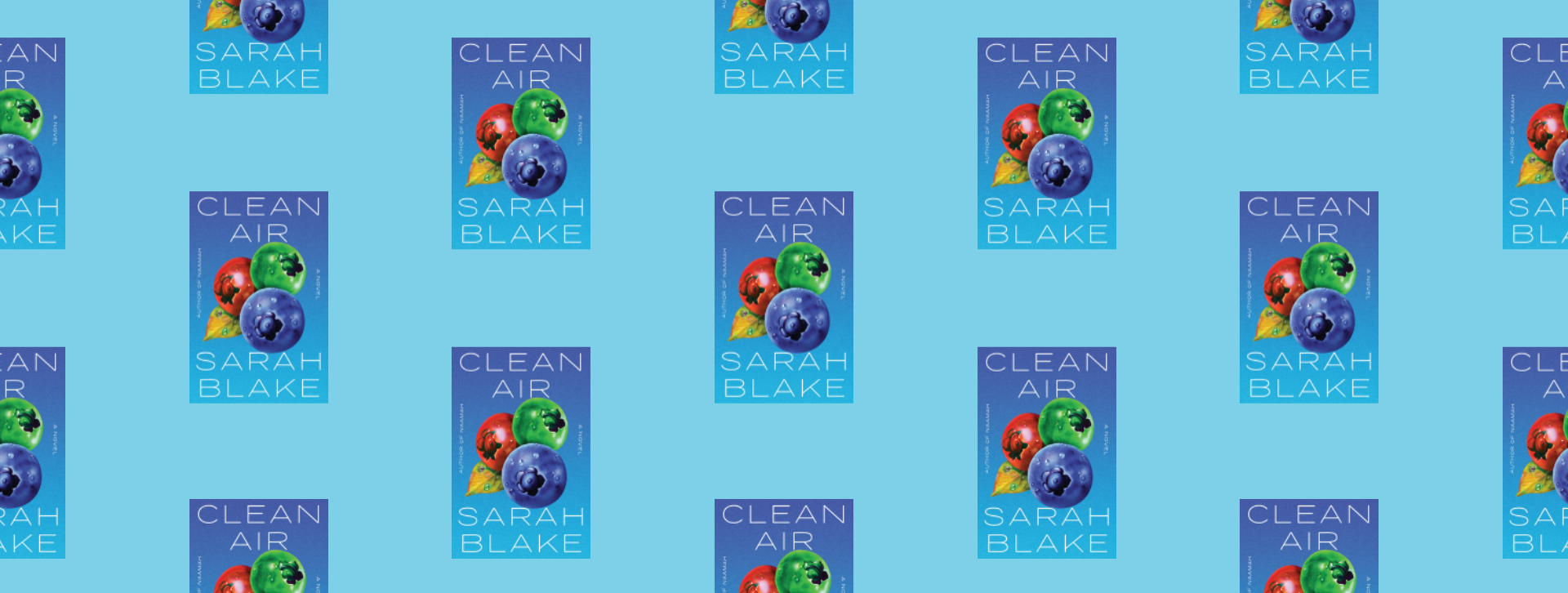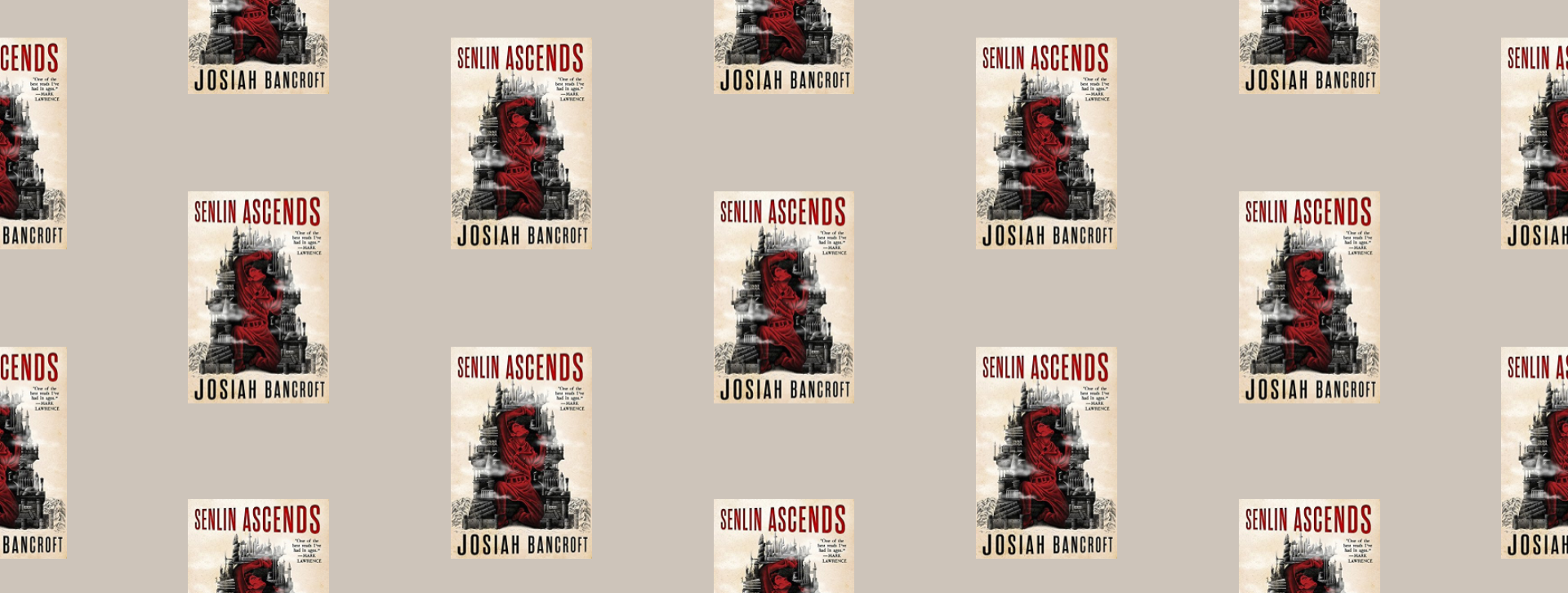The White Album
The White Album is an essay collection that asks for your close attention, but Joan Didion’s sentences are worth it. Parts of it went over my head, I think, but it will make a good reread.
Iron Widow (Iron Widow, #1)
Iron Widow is a fast-paced YA fantasy rooted in Chinese culture. It stands out among the crowd, with a vengeful protagonist, polyamory rep, and unconventional boldness.
All My Rage
All My Rage is a deeply emotional, beautiful novel that sets a whole new bar for contemporary YA. It’s sad all the way through, but resonant and meaningful.
Bless the Daughter Raised by a Voice in Her Head
Bless the Daughter Raised by a Voice in Her Head is a masterful collection of poems by a master poet on womanhood, trauma, and the refugee experience. They’re heavy, but hard-hitting and moving.
Four Hundred Souls: A Community History of African America, 1619-2019
Four Hundred Souls is a triumph of community history. Its unique format and exceptional contributors make it one of the most noteworthy works of nonfiction I’ve read.
Legendborn (The Legendborn Cycle, #1)
Legendborn was everything I could ask for in a YA low fantasy novel — a top-notch magic system, lots of layers, a strong central mystery, and swoony characters. I loved it.
The Inheritance of Orquídea Divina
The Inheritance of Orquídea Divina is a really lovely standalone low fantasy novel in homage to Latinx family ties, traditions, and heritage. It pulled me in and held me the whole way.
I Came All This Way to Meet You: Writing Myself Home
I Came All This Way to Meet You is honest, funny, and of course well written. Jami Attenberg is so good at her craft, and the book feels like a gift she gave us generously.
Light from Uncommon Stars
Light from Uncommon Stars was such a delight! Funny and hopeful but not without substance, this book is a new favorite I’ll be recommending far and wide.
The Left Hand of Darkness
I’m really glad I read The Left Hand of Darkness. It wasn’t as accessible as I’d (naively) assumed it would be, but it was certainly thought-provoking and resonant.
This Changes Everything: Capitalism vs the Climate
This Changes Everything is a hard-hitting book on climate change issues, full of real-world stories and examples. I sometimes lost the narrative thread, but I’m really glad I read it.
No One Is Talking About This
No One Is Talking About This isn’t going to be for everyone, but it was for me. It’s abstract, but really captures the claustrophobic feeling of the current zeitgeist.
Senlin Ascends (The Books of Babel, #1)
Senlin Ascends, about a schoolteacher on a quest to find his missing wife in the infamous Tower of Babel, is such a fun adventure. I’d been meaning to read it forever, and I’m glad I finally did!
The School for Good Mothers
The School for Good Mothers is a wild ride of a novel. It’s not comfortable, but it’s extremely effective and absolutely does what it meant to do. I was so impressed.
Salvage the Bones
I’m late to the Jesmyn Ward party, but holy moly am I HERE NOW. What a standout novel. Such incredible characters, pacing, language, the whole nine yards.
Wallet Activism: How to Use Every Dollar You Spend, Earn, and Save as a Force for Change
Wallet Activism is a great book and I’m really glad I read it. It taught me new things, reminded me of others, and inspired me to make some changes.




















